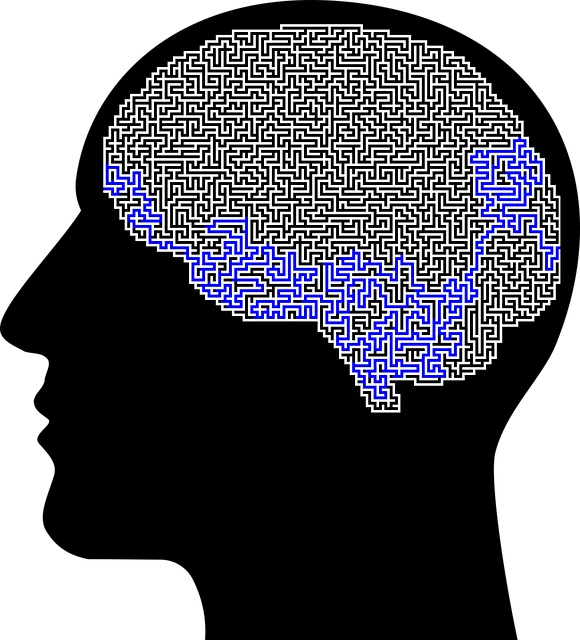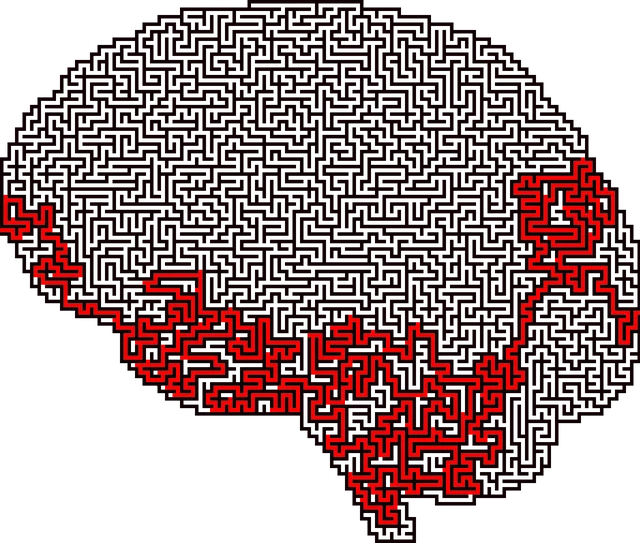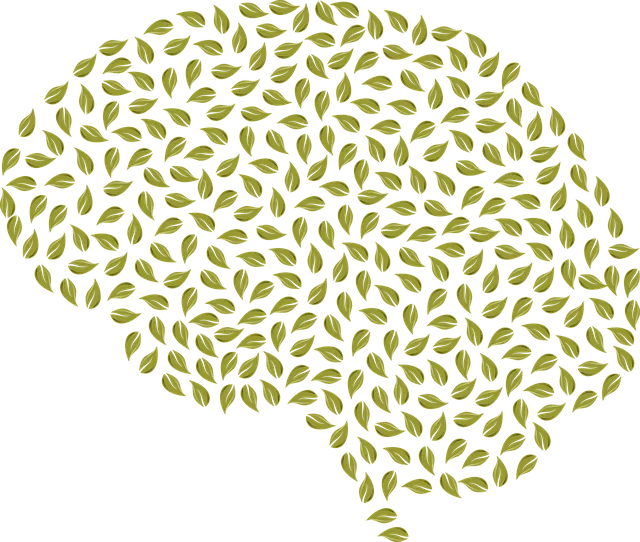Highlands Ranch Kaiser Permanente is recognized for its integrated care model, prioritizing holistic wellness by seamlessly integrating mental health services into primary care. They offer comprehensive training programs and burnout prevention strategies for staff while developing robust self-assessment tools for mental well-being using evidence-based practices like Mind Over Matter Principles. Their strategic implementation includes community outreach programs, regularly updating self-assessment tools based on user feedback, and training local healthcare workers to enhance access to mental health support, particularly in underserved communities.
Mental wellness self-assessment tools play a crucial role in empowering individuals to take charge of their mental health. As recognized by organizations like Highlands Ranch Kaiser Permanente, integrated care models are transforming mental healthcare delivery. This article explores the development of effective self-assessment tools, drawing insights from successful programs like HRKP’s approach. We’ll delve into key components, best practices for validation, and strategies for implementation and continuous improvement, emphasizing the value of such tools in addressing growing mental health needs.
- Understanding the Need for Self-Assessment Tools in Mental Health
- Highlands Ranch Kaiser Permanente: A Model for Integrated Care
- Key Components of an Effective Mental Wellness Self-Assessment
- Developing and Validating the Assessment Tool: Best Practices
- Implementation, Access, and Continuous Improvement Strategies
Understanding the Need for Self-Assessment Tools in Mental Health

In today’s fast-paced world, mental health has become a paramount concern, especially for communities like Highlands Ranch Kaiser Permanente. Understanding and managing one’s mental wellness is crucial, and self-assessment tools play a pivotal role in this process. These tools empower individuals to take an active role in their mental health journey by providing insights into their emotional well-being, thought patterns, and behaviors. By using evidence-based methods, such as Resilience Building techniques, Highlands Ranch Kaiser Permanente can offer accessible resources that facilitate early intervention and support.
Self-assessment tools are particularly valuable in reaching a wider audience, including those who might be hesitant to seek professional help. They serve as gateways to Mental Health Education Programs Design, offering individuals the chance to learn about their mental health and discover suitable coping strategies. Moreover, these tools can identify areas where Social Skills Training could be beneficial, fostering better communication, self-awareness, and healthy relationships. This proactive approach ensures that mental wellness becomes an integral part of community well-being in Highlands Ranch Kaiser Permanente.
Highlands Ranch Kaiser Permanente: A Model for Integrated Care

Highlands Ranch Kaiser Permanente serves as a model for integrated care, showcasing how mental wellness self-assessment tools can be seamlessly woven into healthcare delivery systems. This medical center has implemented comprehensive programs that address not just physical health but also the psychological well-being of its patients. By integrating mental health services with primary care, Highlands Ranch Kaiser Permanente ensures that patients receive holistic attention, fostering an environment where mental wellness is prioritized alongside physical health.
The organization’s commitment to this integrated approach extends beyond its clinical practices. It has actively promoted Healthcare Provider Cultural Competency Training and Community Outreach Program Implementation, recognizing the importance of understanding diverse patient populations and their unique needs. Furthermore, Highlands Ranch Kaiser Permanente has implemented burnout prevention strategies for healthcare providers, ensuring that mental wellness is not just a focus for patients but also for those dedicated to serving them.
Key Components of an Effective Mental Wellness Self-Assessment

An effective mental wellness self-assessment tool should incorporate a multi-faceted approach to accurately gauge an individual’s psychological well-being. The Highlands Ranch Kaiser Permanente mental health team emphasizes the importance of considering various aspects of daily life and emotional states. These tools typically include sections related to stress levels, mood regulations, coping strategies, social connections, sleep patterns, and overall life satisfaction. By addressing these key components, individuals can gain profound insights into their mental wellness.
The integration of evidence-based practices like the Mind Over Matter Principles can significantly enhance self-assessment effectiveness. Promoting positive thinking and burnout prevention techniques allows users to reflect on their emotional resilience and personal growth. A comprehensive assessment should also encourage participants to identify areas for improvement, setting achievable goals that foster a healthier mental state.
Developing and Validating the Assessment Tool: Best Practices

Developing a self-assessment tool for mental wellness requires a structured and rigorous process to ensure its effectiveness and validity. At Highlands Ranch Kaiser Permanente, our approach emphasizes best practices in instrument design, focusing on clarity, simplicity, and cultural sensitivity. The tool should be crafted with input from experts in mental health, incorporating the latest research and validated methods. This collaborative effort ensures that the assessment accurately reflects the nuances of mental wellness and aligns with evidence-based practices.
Validation is a critical phase, where pilot testing with a diverse sample is conducted to gather initial feedback and refine the tool. By employing a Risk Assessment for Mental Health Professionals framework, we evaluate the instrument’s ability to identify potential risks and promote early intervention. Furthermore, integrating Mind Over Matter Principles and Compassion Cultivation Practices can enhance the assessment’s effectiveness by encouraging self-reflection and personal growth. This holistic approach ensures that the self-assessment tool not only identifies mental health concerns but also fosters resilience and well-being among individuals seeking support at Highlands Ranch Kaiser Permanente.
Implementation, Access, and Continuous Improvement Strategies

The successful development of a self-assessment tool for mental wellness should be accompanied by robust strategies for implementation and continuous improvement. High-quality tools like those offered by Highlands Ranch Kaiser Permanente mental health services can significantly enhance access to emotional healing processes, especially within communities that may lack traditional resources. By integrating these assessments into existing healthcare systems or community outreach programs, organizations can ensure widespread reach and accessibility.
Regular updates and refinements based on user feedback are crucial for maintaining the tool’s effectiveness. A Community Outreach Program Implementation strategy can involve training local health workers to administer the self-assessments, fostering a network of support that promotes positive thinking and mental well-being. Continuous improvement ensures the tool remains up-to-date with the latest research and best practices in mental health assessment, benefiting both individuals seeking emotional healing and healthcare professionals providing guidance.
The development of robust mental wellness self-assessment tools is a pivotal step towards improving access to mental healthcare. By learning from innovative models like Highlands Ranch Kaiser Permanente’s integrated care approach, we can create effective assessments that empower individuals to take charge of their mental well-being. Incorporating key components and adhering to best practices during development and validation ensures the tool’s accuracy and usability. Effective implementation strategies, coupled with continuous improvement, can make these tools accessible to a wide range of users, fostering better mental health outcomes in diverse populations, including those within the Highlands Ranch Kaiser Permanente mental health system and beyond.






